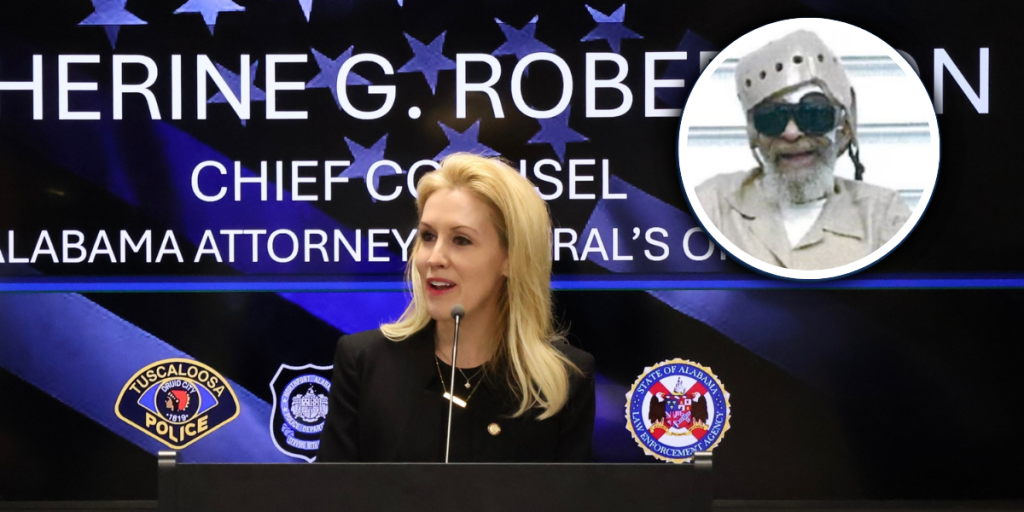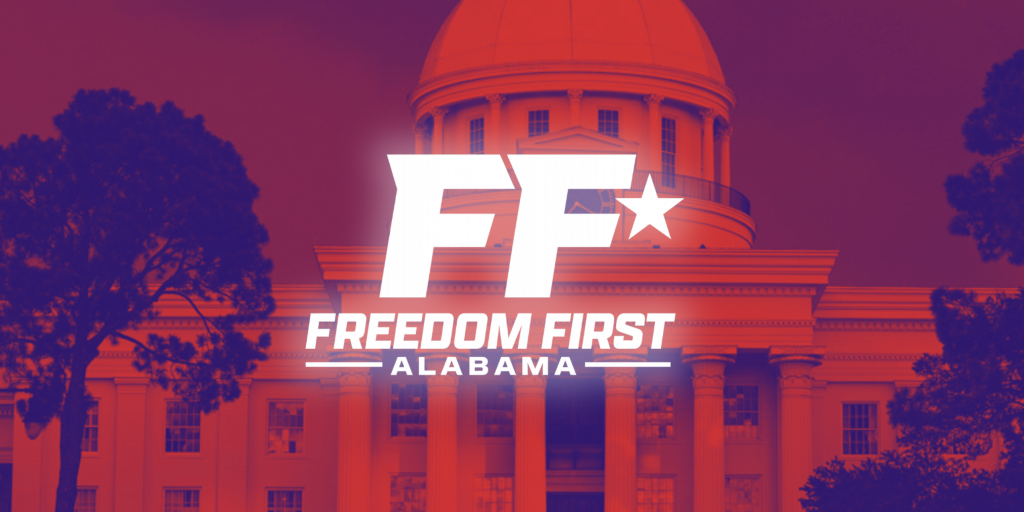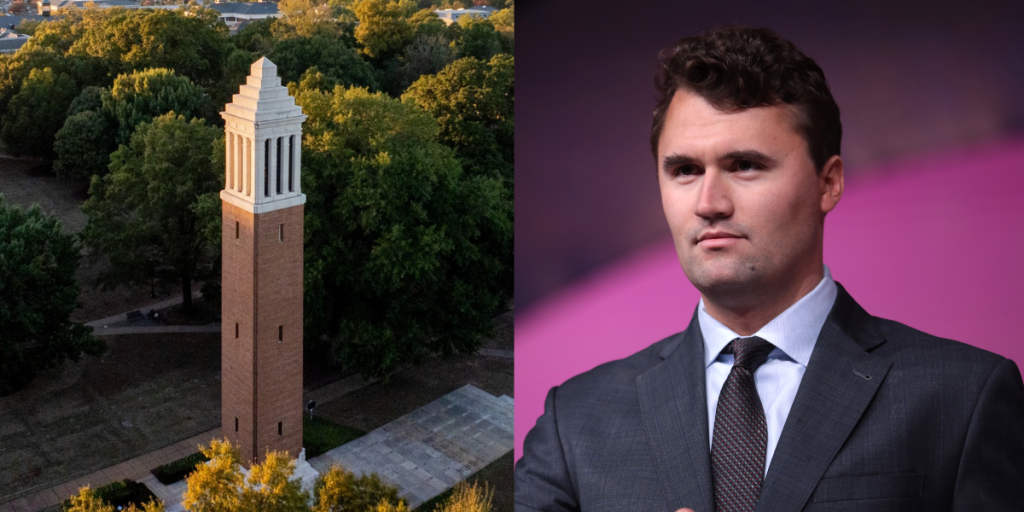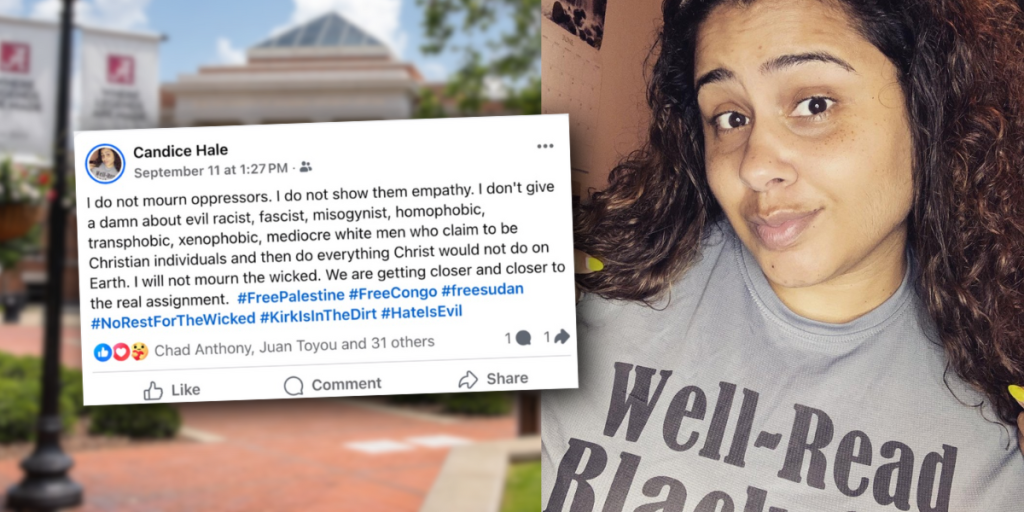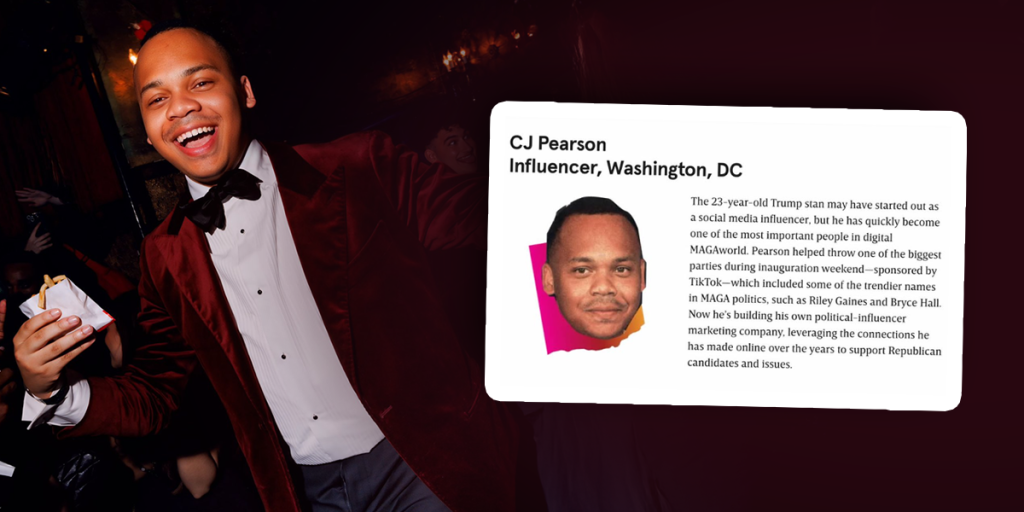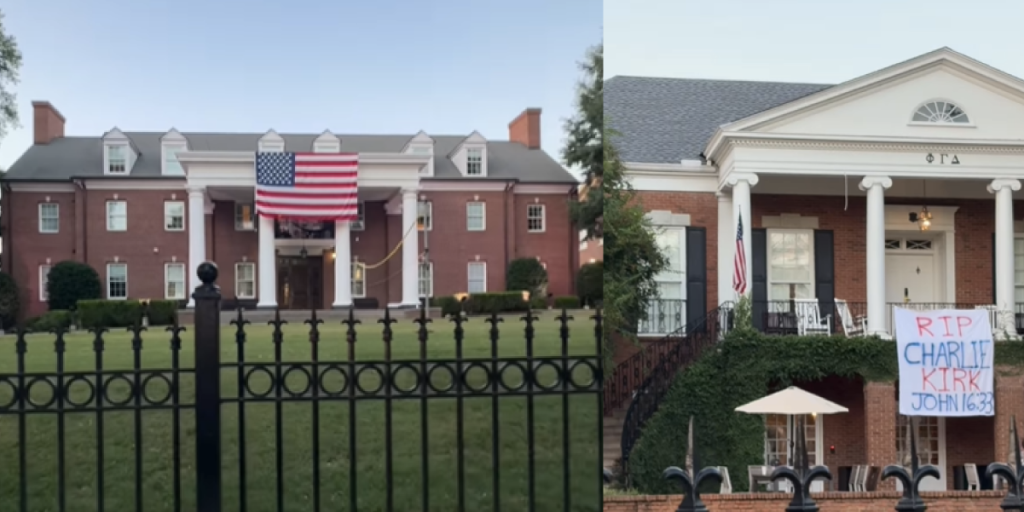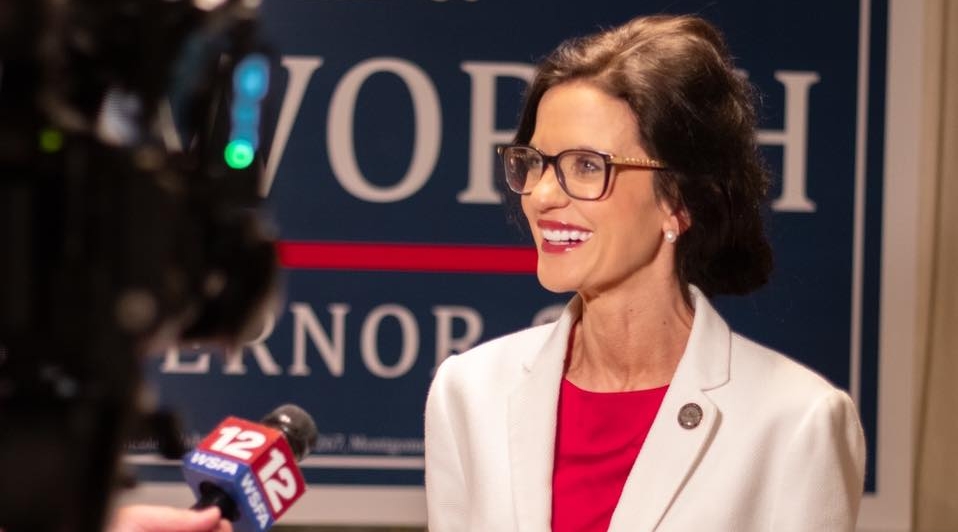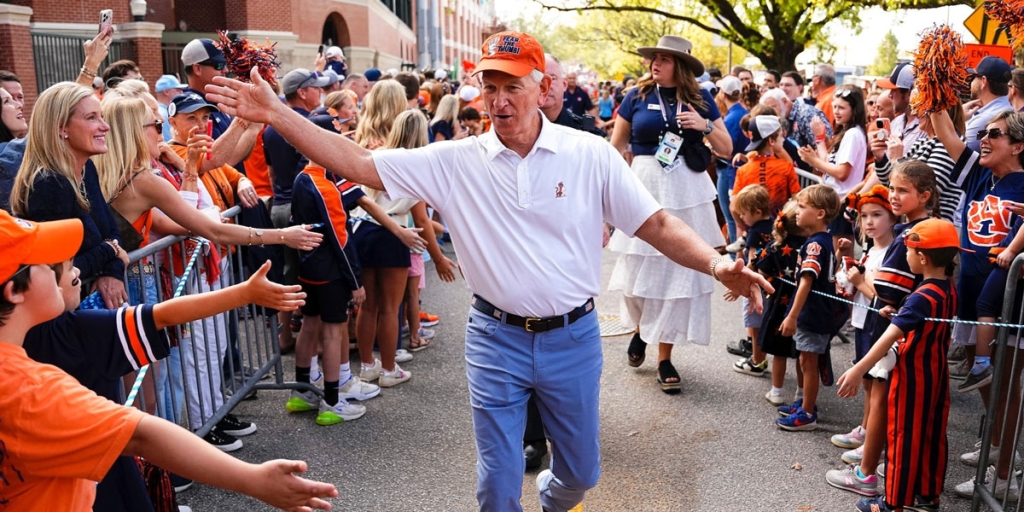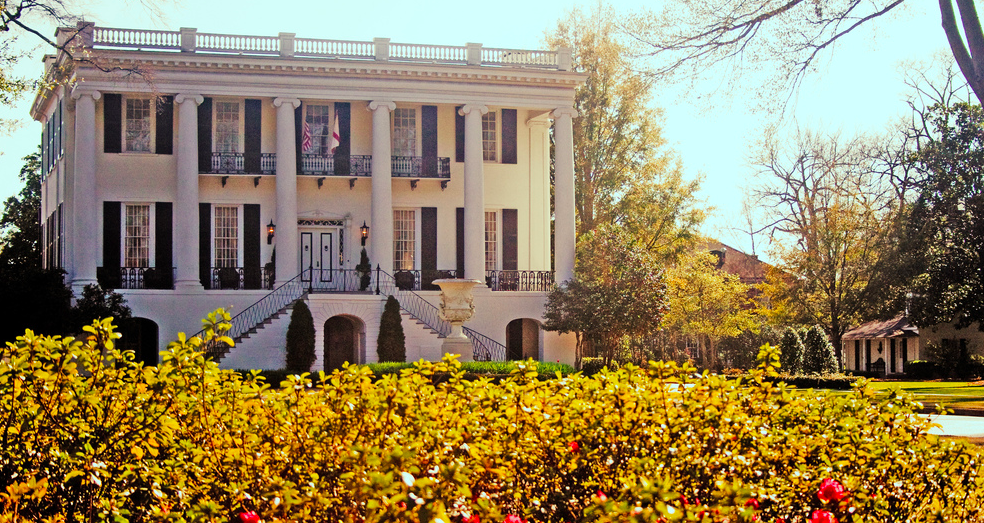
College is a time of great growth; at least it is supposed to be. It’s an environment where people from all across the globe come together to share in a collective learning experience. But the learning does not just stem from professors. Students learn just as much, if not more, from each other than they do from the PhDs.
In my three years at the University of Alabama, I have met many brilliant people. The Capstone of Higher Education is rich in intellectual talent. As both a political science and history major, I have also come across brilliant students with whom I disagree. In fact, I’d say I disagree with most students in class discussions a majority of the time. And that’s okay.
I’ve heard some pretty unsettling things both in and out of the classroom. In fact, some of those things offended me very much. And that’s okay, too. Because that’s real life–the real life that college is supposed to prepare you for.
Recently, the topic some college students have been most offended about is race. Inspired by the protests taking place at the University of Missouri and other campuses around the country, a group of students at UA has organized to create a more “racially equitable environment”. Among their extensive list of demands is a call for “safe zones for students of color in the Ferguson Center.”
Unfortunately, there are a few people in society, including a handful at UA, who haven’t quite caught up to the post-Civil Rights Movement mindset. From my experience, these people are in the minority, not part of the administration, and looked down upon by most of the student body. But in regards to the select few, we as college students must not get carried away with limiting speech just because we find offensive, granted that it does not provoke a physical threat.
The institutionalized racism of Jim Crow and the cultural racism that some still ascribe to today are two totally different beasts that must be handled differently.
The easy answer to any societal problem is to have the government intervene to fix it. The government has the power of coercion; the ability to make anyone in its borders obey whether they want to or not. But government cannot change the minds of those who judge people by the color of their skin and not by the content of their character. What it can do, however, is protect the natural rights of those who are minorities from undue infringement on their personal liberties.
So called “safe zones” that one particular group on campus is calling for now are clearly unconstitutional. Excluding individuals of a certain race from an area inside a publicly-owned facility directly contradicts the 14th Amendment’s famous equal protection clause.
Whether we like it or not, America has an extensive history of protecting speech that is extremely unpopular. The Supreme Court has sided numerous times with hateful groups in order to protect the virtue of free speech. Texas v. Johnson upheld the expressive right to burn the American Flag. Snyder v. Phelps held that the Westboro Baptist Church could not be held liable for tort distress by protesting military funerals on a public sidewalk despite the speech being “outrageously offensive.” And in R.A.V. v. City of St. Paul, the court struck down an ordinance banning speech that “arouses anger, alarm or resentment in others on the basis of race, color, creed, religion or gender,” because it prohibits otherwise permitted speech solely on the basis of the subjects the speech addresses.
The First Amendment prevents government from punishing speech because it disapproves of the ideas being expressed. We cannot extend the freedom of expression only to those with whom we agree. That is a very, very dangerous determination to make.
The entire debate is misguided because participants are given a false choice between being for liberty or for racial equality. It’s entirely possible to be anti-racism and pro-free speech. Saying you have to choose one or the other is a false dichotomy.
Safe zones are also counterproductive to any type of constructive dialogue on any critical issue. Yes, racism is a problem: always has been, always will be. And yes, we need to be reasonably proactive and not just tolerate unacceptable behavior as “part of the human condition.” But we need to raise our standards without betraying our values. Taking away free speech is always an attractive argument to stymie those with whom we disagree. But it is worth remembering that the argument we make to take away someone else’s rights today, can be turned right back around on us tomorrow.
Colleges can try to hide problems, but there are no safe zones in real life. People will always disagree. They may even say something morally reprehensible. The walls of a safe zone can keep out offense for some time, but one day those problems will come knocking on the door.
The Civil Rights movement was not only successful because it had the moral high ground, but because it used incredibly successful tactics. Dr. King and others did not hide in safe zones: they went to the heart of the problem and confronted hate with love. They went to Selma, to Montgomery, to Jackson, and Memphis until the whole world saw what they were fighting for and took action.
One can’t help but see the irony of the modern offshoot of the civil rights movement — which fought so hard for integration — now asking for a special place based on race. Let’s have an open dialogue, one where people of all races and viewpoints exercise our right to expression to the fullest.
I will stand with my fellow college students against genuine racism, but only so far as the my commitment to individual liberty will allow me. Unification, dialogue, and freedom are always better than separation, echo-chambers, and repression.
To those select few who are stuck in the 1960s: they can keep their racism, I’ll keep my enlightened worldview. To those who want to restrict right of individuals to speak freely and openly: they can keep their safe zones, I’ll keep the Constitution.




